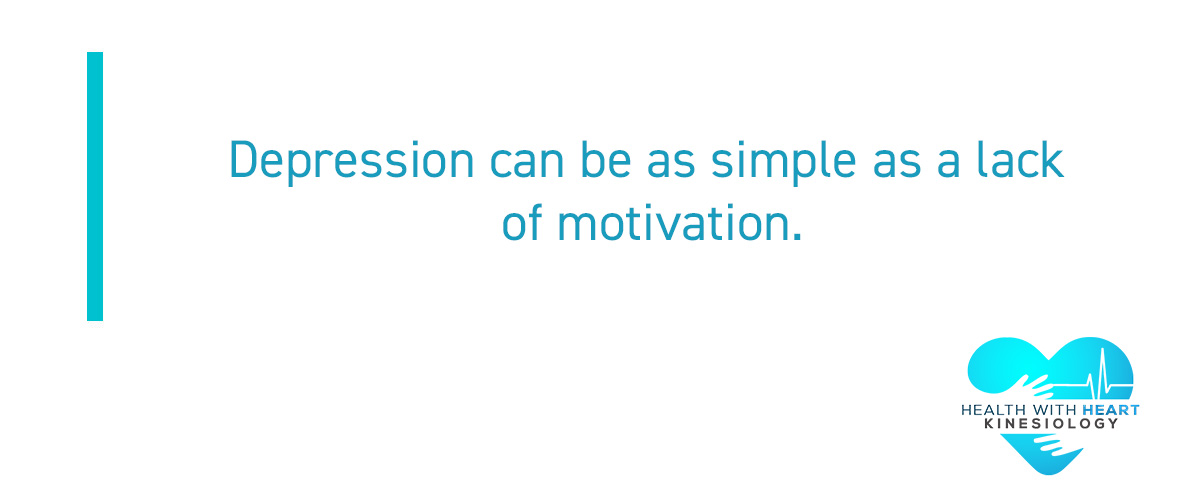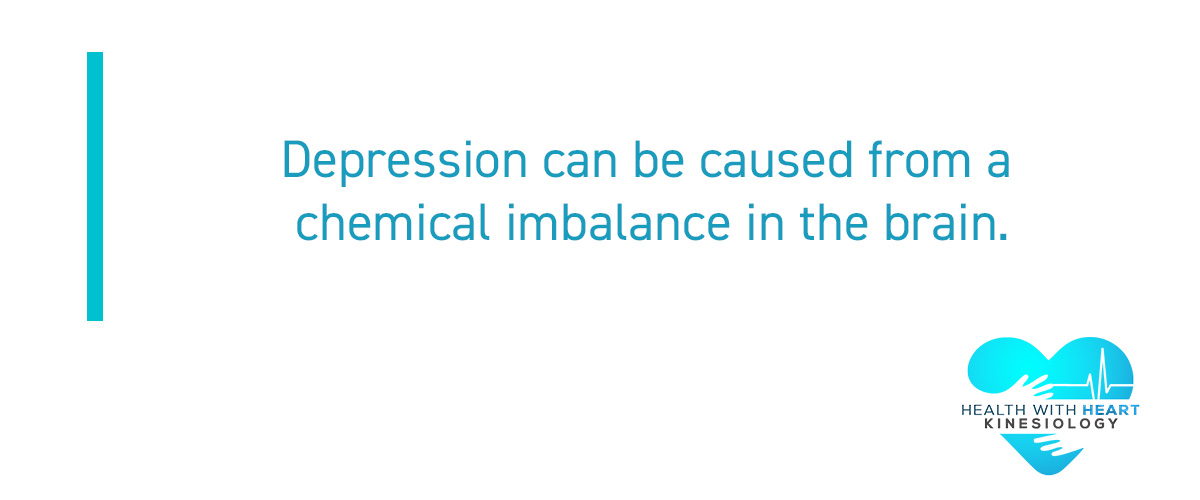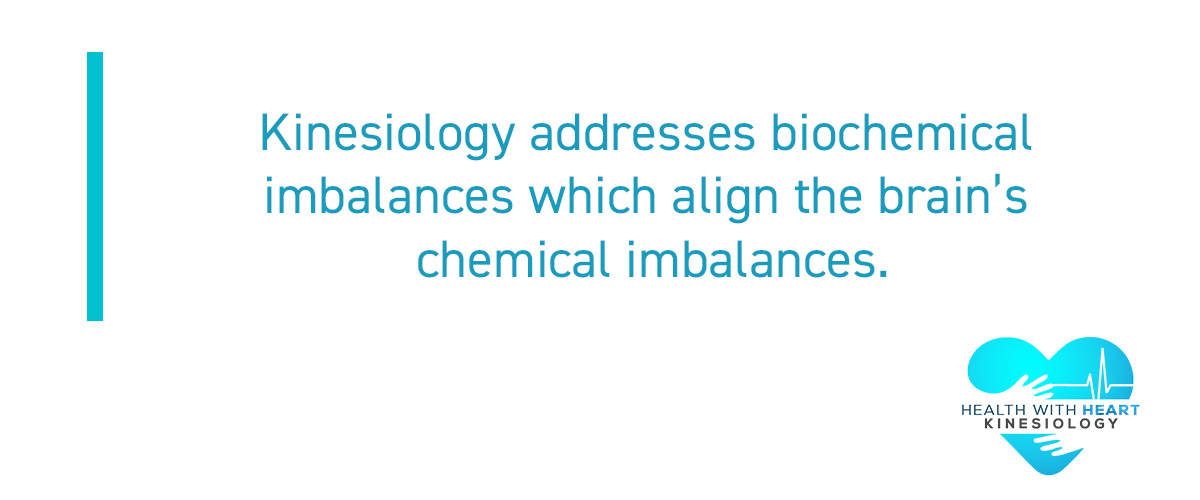Let’s talk about the D word
According to Lazarus & Folkman (1984) mental stress is a form of stress that occurs because of how events in one’s external or internal environment are perceived, resulting in the psychological experience of distress and anxiety. Mental stress is often accompanied by physiological responses (Cacioppo, 1994).
Depression is a big word. A scary word. A word we don’t talk about. For years now depression gets swept under the carpet, mistreated and thought of as a misconception. According to a recent study that Jerry L Halverson (MD) conducted, depression causes a total sum of 20% of suicides, and sadly, due to this number, the majority of our population believe depression is a full-blown low in life. However, there a many different types of depression, with symptoms ranging from relatively minor to severe;
⇨ Feeling sad
⇨ Lack of motivation
⇨ Loss of interest
⇨ Not wanting to get out of bed on certain days
⇨ Easy tasks feel like a GIGANTIC effort
Generally, depression does NOT result from a single event, but from a mix of events and factors, and can creep up on a person over months, even years.

Don’t worry, it’s NOT your fault!
What a lot of people don’t understand is that depression can be caused due to a chemical imbalance in the brain, and with the right treatment you will be as jovial as your usual self. Yes, depression can affect a person psychologically, but it also has the capacity to affect the physical structures in the brain, which is out of a persons’ control. These physical changes can include;
⇨ Inflammation of the brain
⇨ Oxygen restriction to the brain
⇨ Even an actual shrinking of the brain
In short, depression can impact the central control centre of your nervous system.


How can Kinesiology help with Mental Stress?
Kinesiology is known to help improve a persons’ physical and mental health, as well as brain function. This is done by treating your body and ensuring we address emotional imbalances which cause stress and mental disturbances along your bodies ‘electrical grid’. In addition, Kinesiology helps to address biochemical imbalances which will align the brain’s chemical imbalances and ensure you have a clear and functioning mind. The muscle release and massage which a Kinesiologist performs on an imbalanced person helps to release all tension and stress, whether it be physical, emotional or in this case mental. Regular visits to your favourite Kinesiologist will help keep your body in homeostasis (balance) and will ensure you have every opportunity for a full recovery to wellness/happiness. Wouldn’t that be a great achievement?!…


